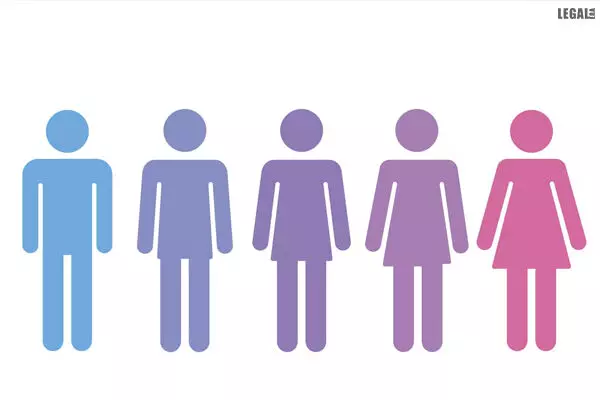- Home
- News
- Articles+
- Aerospace
- Agriculture
- Alternate Dispute Resolution
- Banking and Finance
- Bankruptcy
- Book Review
- Bribery & Corruption
- Commercial Litigation
- Competition Law
- Conference Reports
- Consumer Products
- Contract
- Corporate Governance
- Corporate Law
- Covid-19
- Cryptocurrency
- Cybersecurity
- Data Protection
- Defence
- Digital Economy
- E-commerce
- Employment Law
- Energy and Natural Resources
- Entertainment and Sports Law
- Environmental Law
- FDI
- Food and Beverage
- Health Care
- IBC Diaries
- Insurance Law
- Intellectual Property
- International Law
- Know the Law
- Labour Laws
- Litigation
- Litigation Funding
- Manufacturing
- Mergers & Acquisitions
- NFTs
- Privacy
- Private Equity
- Project Finance
- Real Estate
- Risk and Compliance
- Technology Media and Telecom
- Tributes
- Zoom In
- Take On Board
- In Focus
- Law & Policy and Regulation
- IP & Tech Era
- Viewpoint
- Arbitration & Mediation
- Tax
- Student Corner
- AI
- ESG
- Gaming
- Inclusion & Diversity
- Law Firms
- In-House
- Rankings
- E-Magazine
- Legal Era TV
- Events
- News
- Articles
- Aerospace
- Agriculture
- Alternate Dispute Resolution
- Banking and Finance
- Bankruptcy
- Book Review
- Bribery & Corruption
- Commercial Litigation
- Competition Law
- Conference Reports
- Consumer Products
- Contract
- Corporate Governance
- Corporate Law
- Covid-19
- Cryptocurrency
- Cybersecurity
- Data Protection
- Defence
- Digital Economy
- E-commerce
- Employment Law
- Energy and Natural Resources
- Entertainment and Sports Law
- Environmental Law
- FDI
- Food and Beverage
- Health Care
- IBC Diaries
- Insurance Law
- Intellectual Property
- International Law
- Know the Law
- Labour Laws
- Litigation
- Litigation Funding
- Manufacturing
- Mergers & Acquisitions
- NFTs
- Privacy
- Private Equity
- Project Finance
- Real Estate
- Risk and Compliance
- Technology Media and Telecom
- Tributes
- Zoom In
- Take On Board
- In Focus
- Law & Policy and Regulation
- IP & Tech Era
- Viewpoint
- Arbitration & Mediation
- Tax
- Student Corner
- AI
- ESG
- Gaming
- Inclusion & Diversity
- Law Firms
- In-House
- Rankings
- E-Magazine
- Legal Era TV
- Events
ASCI updates Code to recognise Gender Identity and Body Positivity.

ASCI updates Code to recognise Gender Identity and Body Positivity.
"With this change, ASCI hopes to ensure that advertising becomes more inclusive and sensitised to all sections of our country, and does not perpetuate certain portrayals that have no place in a progressive society"- Manisha Kapoor, CEO & Secretary General, ASCI.
The Advertising Standard Council of India ("ASCI") recently recognised Gender Identity and Body Positivity with an aim to add greater inclusivity in advertising depiction.
The existing ASCI Code required ads to not discriminate and/or deride anyone based on race, caste, creed, gender or nationality. However, the new areas of possible discrimination now include gender identity and sexual orientation, body shape, age, and physical and mental conditions.
Chapter 3 of the ASCI Code now reads as follows:
3.1. No advertisement shall be permitted which:
(b) Derides any individual or groups on the basis of race, caste, color, religion, gender, body shape, age, sexual orientation, gender identity, physical or mental conditions or nationality.
Keeping in mind the consumer reactions to unfavourable depiction of particular communities, ASCI has taken a progressive steps towards an evolved society by fostering sensitivity and inclusivity in advertising.
Similarly, to deride or mock anybody for their gender identity or their mental or physical ailment will violate the ASCI Code.
With the changes approved by the board, ASCI has managed to pick pace with the ever-changing society and rightful expectations.



